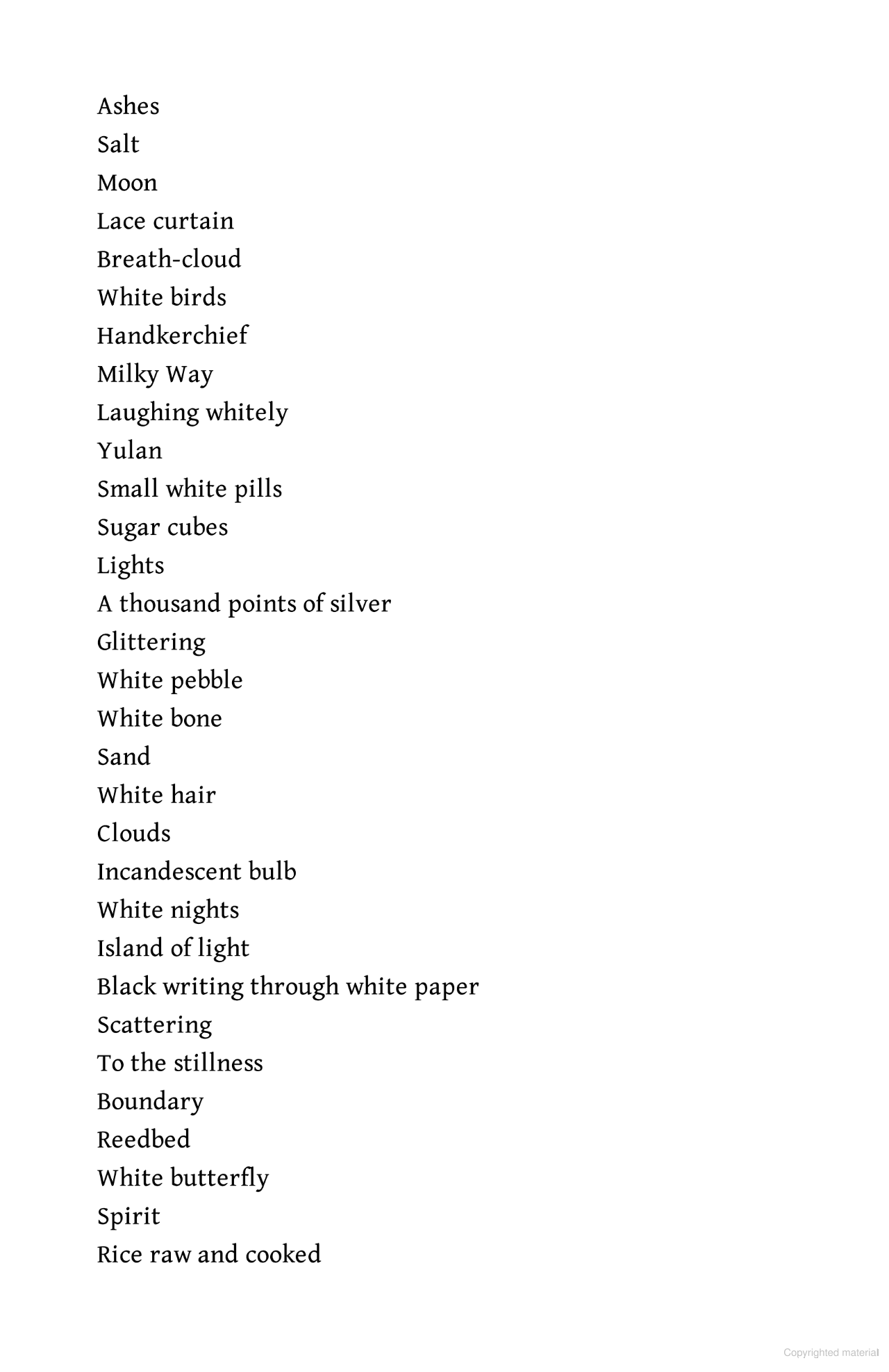
Breaking the Flow
Taking breaks while working is very unsettling to me. To enter a state of flow, or get any work done at all, I'd have to have undertaken a series of strange little routines: make a very specific kind of to-do list, create ideal conditions—physical, mental, and even emotional— for me to get started; and push myself close enough to a deadline for all of it to feel real. After all of this, a Pomodoro technique of 30 minutes on and 5 minutes off (and other such variations) only feels like a speed-breaker on the Autobahn. Yet there is some wisdom to detaching from or disengaging every now and again before resuming with work to not lose steam. While I’ve struggled with this for a good portion of my adolescence and into adulthood, I’ve spent the last year and a half experimenting with different techniques after acknowledging my distinct patterns of working. I find them helpful in keeping myself stimulated (or, frankly, under-stimulated) while stepping away from work.
Before I get into that, however, some lore.
Who doesn’t love lists?
“Listing is a fundamental literary strategy. It occurs constantly, and only occasionally draws attention to itself.” - William Gass in “I’ve Got a Little List”, quoted by Brian Dillon
If you couldn’t already tell from my very first post, I’m a fan of lists; in a certain sense, it becomes the easiest way to communicate ideas without being thoroughly consumed by the weight of them. It turns out that lists are an incredibly common literary device. A means of inserting “a sudden verticality into the horizontal flow of text”, words possess the same “function” albeit differently, Dillon notes. More interestingly, Dillon remarks that the very presence of a list hints at a lack and is a means of “compensating control”. Who wouldn’t gravitate towards them if not control freaks (read: me)?
Breaks from oneself?
Aren’t breaks supposed to be mindless? With the endless barrage of information, the most normal response would be to gravitate towards numbing the mind. The easiest way to do that has been to reach out to whatever is easiest to hold—compact, quick, and designed to entertain you—and tune in either deliberately or at the behest of an algorithm to a whole lot of little nothings at once. For me, when I build up the capacity to work after having undertaken the Sisyphean task of reaching a certain point, turning to a device is me voluntarily pushing the boulder downhill. I've found it far more difficult to regain control over things I've got to do when I relinquish that attention to tending to things that don’t demand my immediate attention (unlike responding to an emergency text, where using this is justified). I use the word “meaningful” instead of “productive” or “useful”, because it feels a lot more important to give our time to ourselves with as much meaning as we give to our work. Not all of it would entail moving away from the screen, or from the things we think we can avoid.
15 ways to take breaks for yourself
Stand up and stretch. Before you know it, your feet could carry you to refill your water bottle, use the loo, or disturb a friend/colleague for a while.
Go for a walk—either alone or with said disturbed colleague.
Drink water. As the sticker on a colleague’s desk goes, “Stay hydrated, you beautiful and capable yet dehydrated b!tch”.
Read something. Preferably long form— an article online; a newsletter; or even a few pages of a book. Chances are that you’ll extend your break a bit further to finish off a sentence or two more— and that’s hurting nobody. If not, read the back of a food label (I’ve done it; you learn something new every time) or a boring manual.
Sit still and take those few minutes to not say a word to anybody or do anything. Do nothing.
Call someone you care about.
Listen to that song you promised your friend you’d listen to.
I keep little notebooks for different things; one to sketch in, one to make lists in (yes), and even one to write down intrusive thoughts. Keep something around—if not three—to log just about anything. Tactile engagement of any kind is so therapeutic.
Eat something.
Clear out your inbox by marking as ‘Read’ in one go all the emails that you know you need but don’t need to look at. Delete the rest.
Pay pending bills.
Clean up your desk.
Do some neck/eye/back exercises that can be done seated (or standing, if your office space allows for it) that take just a couple of minutes.
Make plans with a friend.
Make a list: a grocery list; things you need to buy for the house; things you’ve been meaning to do; people you’ve been meaning to get in touch with; movies you’re hoping to watch; books you’re planning to buy/borrow/read; places you’ve been meaning to explore; things you have to say before having a difficult conversation… the list, indeed, is endless.
“…the list, if it’s doing its job, always leaves something to be invented or recalled, something forgotten in the moment of its making.” (Dillon)



Very insightful!
This might be obvious, but I perceive entering a state of flow as being in a position where I have contextualised and structured a good majority of the unknowns involved with the work that I am supposed to do. This might be more relevant for tasks that can be categorised as requiring some cerebral effort rather than being monotone. I have noticed that most distractions during a state of flow are triggered when I could have structured the unknowns better. Understanding this was key for me to not lambast myself whenever I lose my focus. It's a fine balance between knowing beforehand everything you need to do and leaving enough unknowns to keep things interesting. Can always get better at this skill.